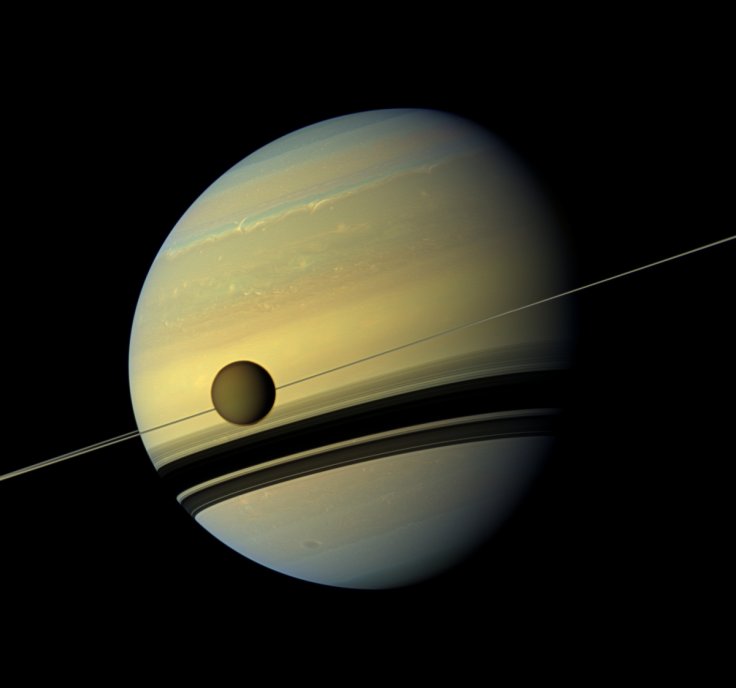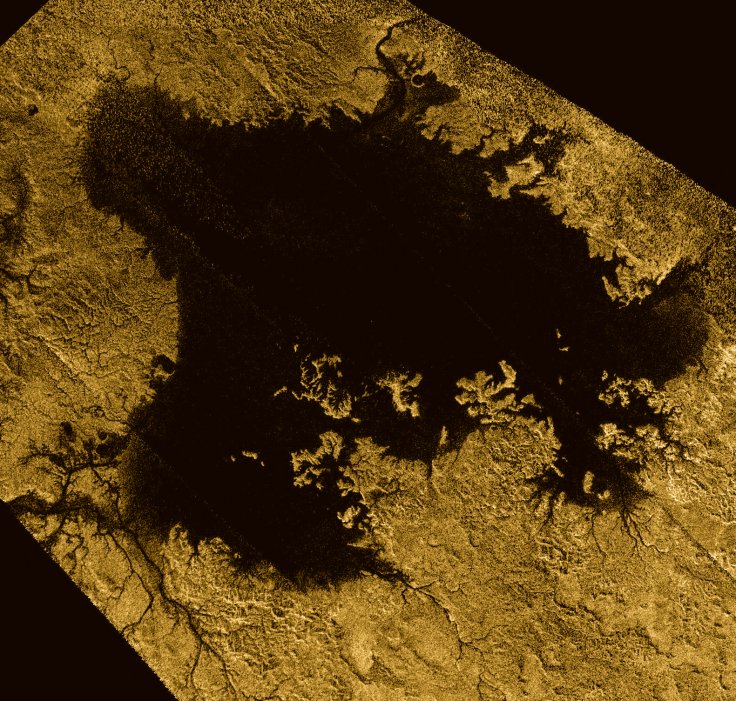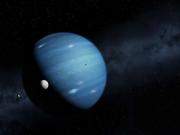Researchers concluded that it's not possible for alien life to exist on Saturn's moon Titan due to certain factors. They came to this conclusion after using a test based on quantum mechanics to see the possibility of microbial life developing on Titan.
Titan is regarded by many scientists as the most likely moon to host alien life due to its similarities with Earth. This is the main reason why NASA is preparing to launch its Dragonfly mission to explore Titan in 2030.
Alien Life On Titan

Many scientists believe that Titan could host life due to its environmental conditions. It is the only moon in the Solar System to have a dense atmosphere, which increases its chances of having pools of liquid water. According to previous scientific studies, the pools on Titan are filled with frigid lakes of hydrocarbons.
Although these pools might be extremely toxic, scientists believe they could still support microbial life due to the presence of nitrogen-based molecules known as azotosomes. Theoretically, these molecules could arrange themselves to form bubble-like membranes around the cells of a living organism. This idea is based on how lipid molecules function on Earth.
Quantum Mechanics And Alien Life

Unfortunately, according to a new study published in Science Advances, it would be impossible for azotosomes to form protective bubbles around living cells. Using quantum mechanics, the authors of the study tested the thermodynamic viability of the molecular structures formed by azotosomes.
According to the researchers, the molecules of chemicals are known to arrange themselves in the simplest pattern with the lowest energy. However, due to the atmospheric conditions on Titan and other environmental factors, the researchers learned that the structures of azotosomes are not the simplest patterns that nitrogen-based molecules can form.
Concluding The Study
In other words, the results of the test revealed that the development of azotosomes is not thermodynamically viable on Titan. "Quantum mechanical calculations predict that azotosomes are not viable candidates for self-assembly akin to lipid bilayers in liquid water," the researcher wrote in the abstract of their study. "We argue that cell membranes may be unnecessary for hypothetical astrobiology under stringent anhydrous and low-temperature conditions akin to those of Titan."









